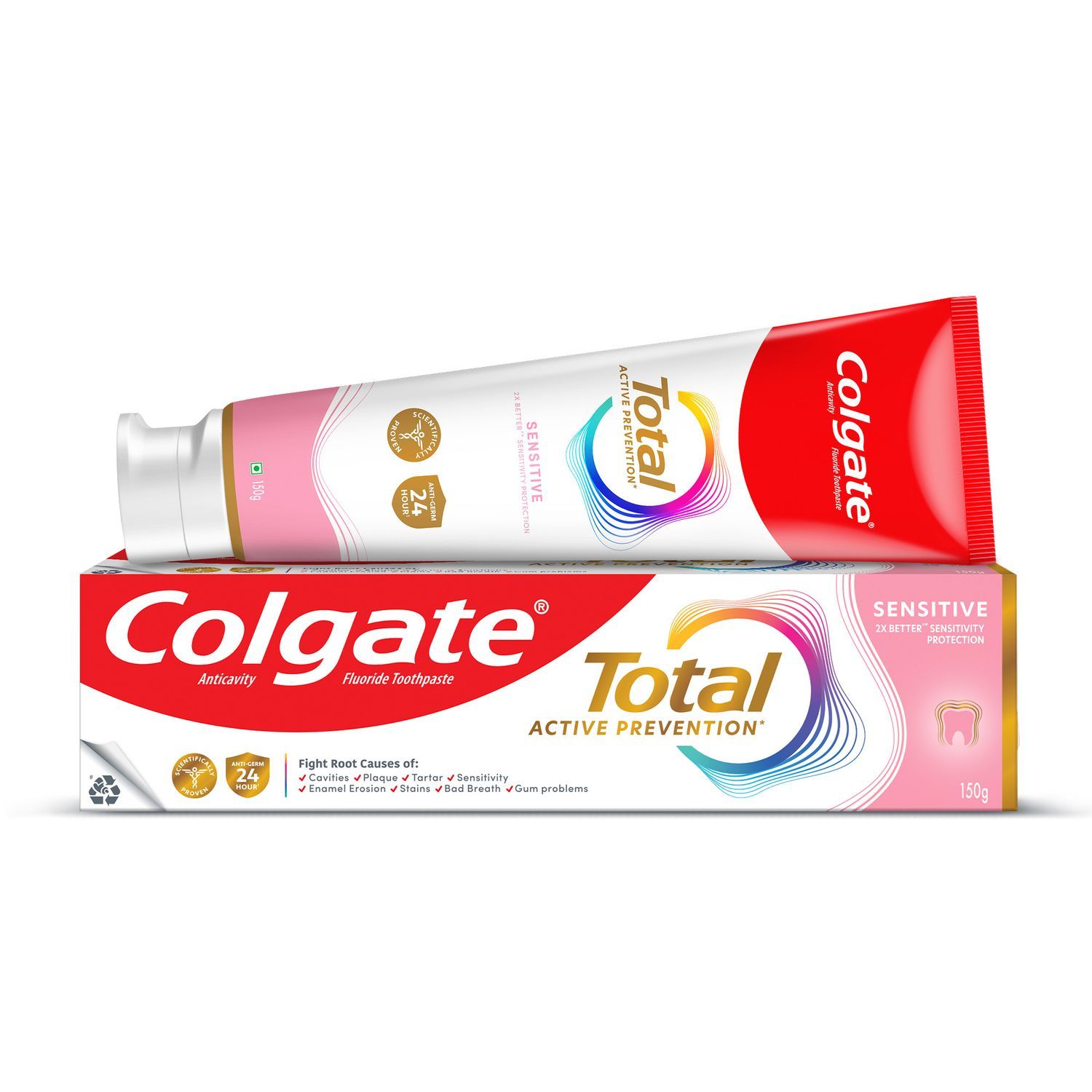-
-

TEETH WHITENING
What Is Stannous Fluoride Toothpaste?Stannous fluoride toothpaste helps prevent cavities, reduce sensitivity, fight plaque, and support daily gum and enamel health.

Selecting Dental Products
Best Toothpaste in India: Five Dentist-Recommended TypesToothpastes today are formulated to meet your every dental need and come in many flavours. Have your dental professional suggest the best toothpaste in India.
-
Science & Innovation
- ORAL HEALTH CHECK
- PRODUCT MATCH
- Colgate® | Toothpaste, Toothbrushes & Oral Care Resources
- Oral Health
- Bonding
- What Is Direct Tooth Bonding


Tooth bonding or dental bonding is a simple procedure done at the dentist’s office, whereby a strong composite material is applied to restore decayed or chipped teeth or alter the appearance of teeth for smile makeovers.

What is direct tooth bonding used for?
Tooth bonding can be used for a number of dental applications:
1. To fill cavities or repair teeth
2. To cosmetically alter the color of stained teeth
3. To fill the spaces between wide-gapped teeth
4. To lengthen teeth
5. To change their shape or
6. To protect a tooth’s root that has become exposed by receding gums
You can see why dental bonding is becoming increasingly popular!
How does the procedure work?
There are two types of direct bonding: Composite bonding mainly as fillings and Direct Veneer bonding mainly for cosmetic purpose to change the color, size and shape of the tooth. The bonding material is a putty-like composite resin matched to the color of your teeth. It is molded onto the tooth in small quantities, light cured to set, smoothed and polished.
The dentist directly bonds the composite materials to the tooth with the help of a bonding agent – don’t worry, it doesn’t hurt!
How long does it take?
Per tooth, the bonding takes 30 to 60 minutes depending on the filling needed, veneers take longer. So if you are having more than one tooth done, you may want to schedule several visits.
How long will the bonding last?
The bonding will last you several years, though how long specifically depends on your oral habits. Chewing ice, biting pens, or nibbling on your fingernails, are all off-limits, as this can weaken or chip the material. Staining is a common problem with bonding so remember to get your teeth polished during your next dental check-up
If you avoid these habits, and continue to brush twice a day, floss at least once a day, and see your dentist for regular check-ups, your bonded teeth should last you anywhere from three to ten years!
This article is intended to promote understanding of and knowledge about general oral health topics. It is not intended to be a substitute for professional advice, diagnosis or treatment. Always seek the advice of your dentist or other qualified healthcare provider with any questions you may have regarding a medical condition or treatment.
ORAL HEALTH QUIZ
What's behind your smile?
Take our Oral Health assessment to get the most from your oral care routine
2.3 billion
people worldwide suffer from tooth decay
ORAL HEALTH QUIZ
What's behind your smile?
Take our Oral Health assessment to get the most from your oral care routine
2.3 billion
people worldwide suffer from tooth decay
Related Articles

Dental emergencies and sports safety
Instant Relief from Tooth Pain: Essential TipsDiscover straightforward remedies on how to relief from tooth pain. Learn essential techniques to alleviate tooth pain and restore comfort effortlessly.

Adult Oral Care
Dental Health Care: What Is It & What Does It Mean to You?What exactly is dental health care, and what does it mean to you? Visit Colgate now and learn the main aspect of dental health care and why it's important.

Adult Oral Care
Coated Tongue: Symptoms, Causes, and TreatmentA coated tongue may be harmless. Learn what may be the cause and when you should see your dentist for an evaluation, here.
Related Products

Helping dental professionals
More professionals across the world trust Colgate. Find resources, products, and information to give your patients a healthier future







